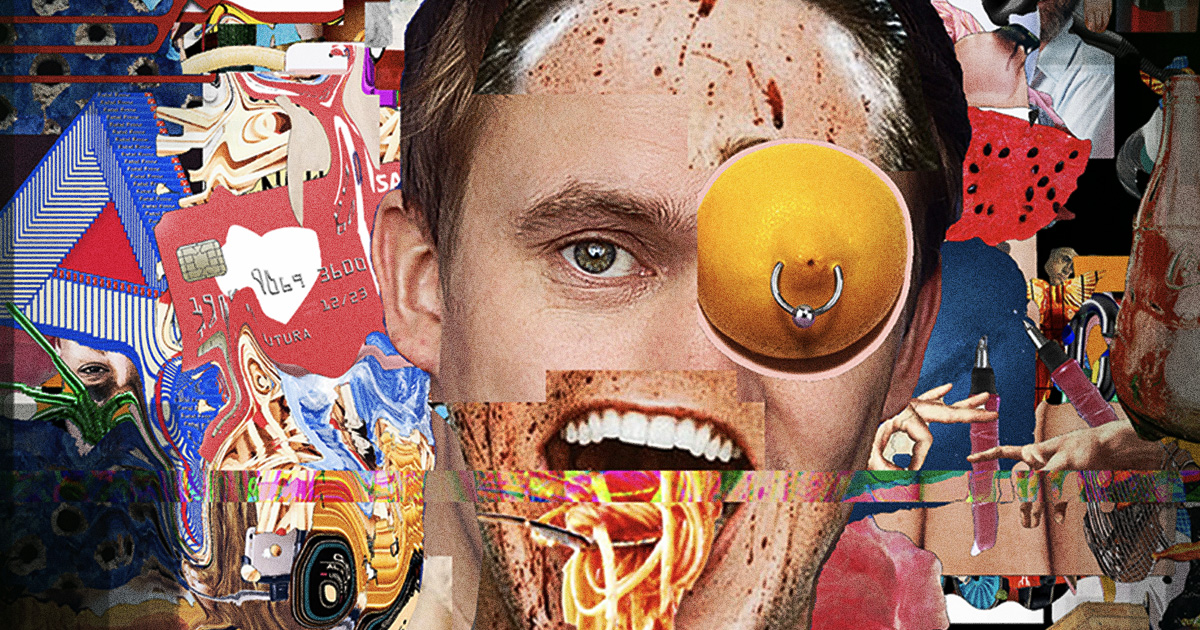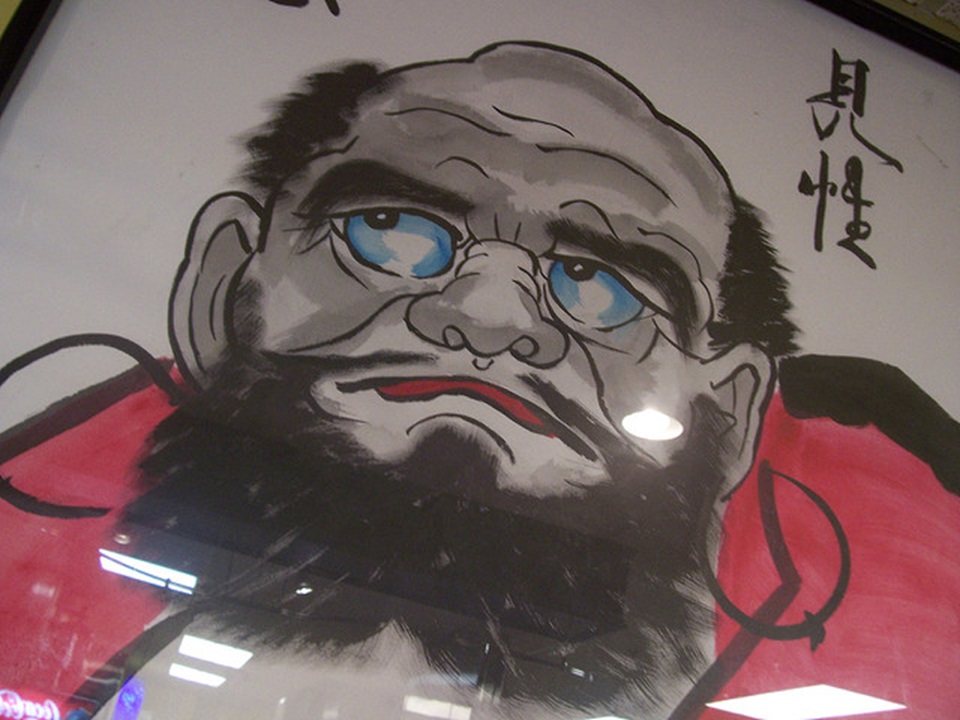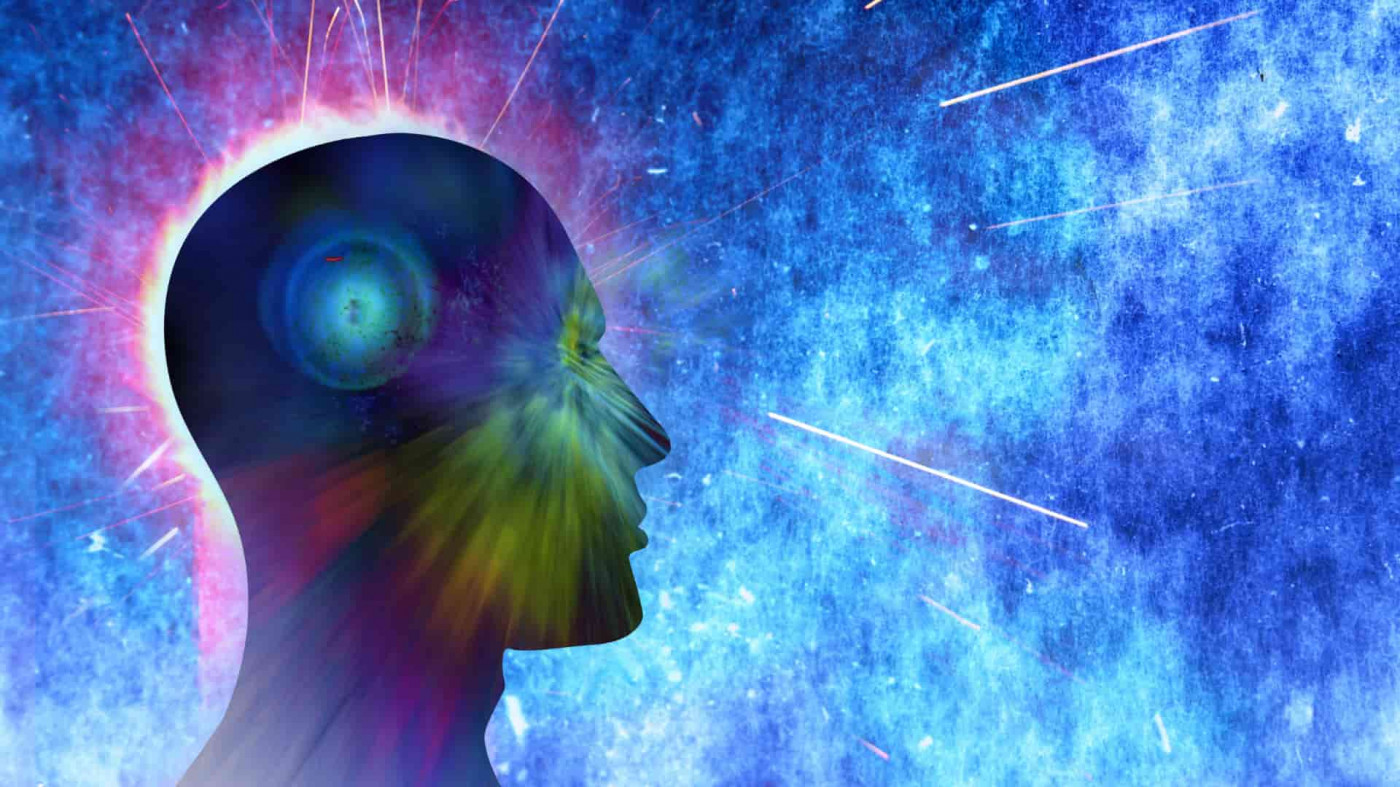If we are to see anything truly then we have to drop all our biases, all our prejudices. If we don’t then we will never see anything that is true; we will only ever see our own biases reflected back at us, masquerading as the truth. We will only ever see our own ‘slanted version of the truth’ and we will be completely incapable of distinguishing this version from the genuine article. The genuine article itself will be of no interest to us at all; we will be incapable of recognising it for what it is since it won’t match any of our biases, any of our expectations. The truth is beyond all biases, all expectations and so – bizarrely – this makes it into something we have no actual interest in.
The big question is this, therefore – ‘How happy are we to never actually see the truth, but only our own distorted version of it? How OK are we going to be about this? How OK am I – as a believer – about believing whatever it is I do believe?’ This turns out to be a fruitful question to ask – on the one hand we can say that a believer is always going to be happy about living in a world that agrees with their belief system – isn’t that exactly what we as believers want after all? There is a powerful mechanical attraction towards having a belief system and this is why belief systems are so very popular. This way we get to see the world how we want to see it, this way we get the view that suits us.
It is by no means as straightforward as this however – just because we are attracted towards the conditioned view doesn’t mean that we’re going to like being saddled with it! If I am attracted to heroin (for example) and I am prepared to go through great difficulties in order to obtain it, that doesn’t necessarily mean that I genuinely like the drug. I’m much more likely to hate it – particularly if I have gone down the road of addiction far enough to get some insight as to what it’s all about. In this case I will definitely have mixed feelings towards my ‘drug of choice’ – I will hate it and yet I will urgently need it, I will be very fond of it, and yet I will cordially loathe it at the same time. All addictions are like this and ‘having an understanding or picture of the world that agrees with our prejudices’ is an addiction just like any other. We might go so far as to say that this is the ultimate addiction – our addiction to thought is – after all – the addiction that defines absolutely everything about us!
This turns out to be a useful way of looking at the question of ‘whether we are genuinely interested in seeing the truth or not’ – what it shows us is that we don’t actually have any freedom in the matter. Our loyalty to the status quo doesn’t allow us to have an interest in what’s actually true. Whatever biased view of the world we might have (and we’re always going to have one sort or another) -we are not free to just ‘drop it’. We need our biased way of looking at the world if we are to continue to live in the way that we are so habituated to. Without knowing at the time what we were doing, we have put all our money on this viewpoint being the right one; we have invested everything we’ve got on it, and so to dispense with whichever way of seeing things it is that we have adapted to is functionally equivalent – we might say – to saying goodbye to ourselves. Because my viewpoint is what I use to construct my idea of myself, to lose my biased viewpoint is also to lose me.
‘Seeing the truth’ sounds good – it sounds like as if that is something we all will see as being the top priority, except it isn’t. We might assume that seeing the truth about things is or would be a priority, but the only priority – when it’s addiction we’re talking about – is of course ‘the addiction’ and the addiction here is the addiction to seeing the type of world that our prejudice wants us to see. Whatever wishes or desires we might harbour within us, they all arise from this viewpoint and so we simply can’t afford to question its validity. All of our desires, all of our plans and ideas, are founded upon the slanted viewpoint that we’re operating out of – they wouldn’t make the slightest bit of sense without it. Giving up our habitual viewpoint means giving up everything, in other words – we would then have to give up everything we have ever hoped for because ‘everything we’ve ever hoped for’ is based entirely upon our distorted way of looking at things. Giving up our viewpoint means giving up everything we know, therefore, and it turns out that this is the very last thing we want to do. Thus, in the words of Albert Camus, ‘Seeking what is true is not seeking what is desirable.’
This very clearly shows the nature of the trap we’re in – until we’re willing to lose everything we will never get anywhere close to seeing the truth, anywhere close to seeing ‘what’s really going on’. Instead – since this is barred to us – we are obliged to make do with thought’s oppressively dull and terminally restrictive fictions, and this basically comes down to a case of ‘making the best of a bad job’. And, inasmuch as letting go of everything (or letting go of the known) constitutes ‘the one thing we never want to do,’ this means that ‘seeing the truth’ is NEVER going to be on the menu since – as we keep saying – we can only see the truth when we let go of our biases. When we see things in a slanted way then this slanted version of reality is – to me – 100% real and so why would I be looking any further?
To think is to be biased – all thought is predicated upon invisible bias and so were I to get rid of this concealed bias, this concealed ‘distorting factor’, I would see that all of my thoughts are empty, hollow, meaningless, lacking in any substance whatsoever, etc., including that particular thought that I call ‘myself’. From the identified viewpoint therefore, the truth isn’t just ‘something that we’re not interested in’, it’s our Number 1 Fear. It’s what we’re most averse to, it’s the one thing we never want to have anything to do with. And because it’s the truth that we’re turning our backs on it’s utterly impossible – from this point on – for us to know that this is what we’re actually doing. We will think that we’re perfectly OK with seeing things as they actually are…
Image taken from: blueprinttheatre.co.uk






